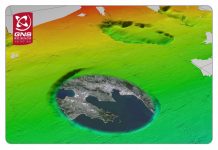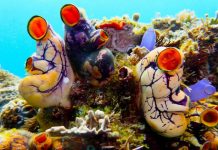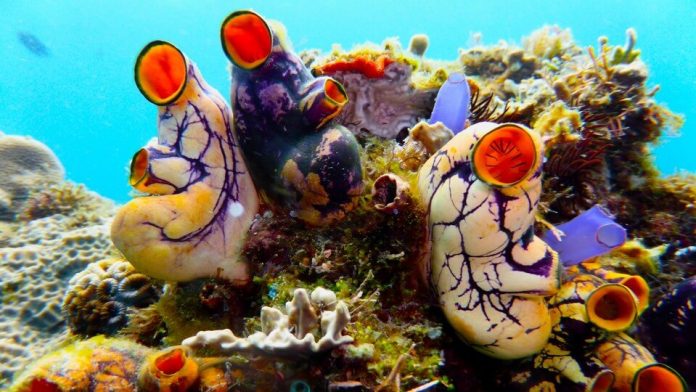WELLINGTON, Nov. 16 — The world’s most comprehensive assessment of ocean life has revealed that one to two thirds of species are still unknown to science, according to an international study.
The study published in Current Biology calculated there were fewer than 1 million marine species, including about 226,000 species that had been described by science and 72,000 more in collections awaiting description.
However, the rate of discovery was increasing, with an unprecedented 20,000 new marine species described in the last decade alone, suggesting that most marine species would be discovered this century, said a statement from the University of Auckland Friday.
“This is by far the most comprehensive assessment of how many marine species have been described to date, and how many undescribed species experts believe there may be,” Associate Professor Mark Costello, who co-led the research, said in the statement.
The study involved 120 of the world’s top experts on the taxonomy, or classification, of marine species, and included mammals, birds, reptiles, insects and larger plants, whose opinions helped form the estimate of total species.
Many of the species yet to be discovered will come from amongst the smaller crustaceans, molluscs, algae, worms, and sponges, said Costello.
“Knowing how many species there are in our oceans, and describing them, is vital for science and conservation for several reasons,” he said.
“Species are the most practical measure for distinguishing habitats and tracking progress in exploring the Earth’s biodiversity. They are as fundamental to biology as elements are to chemistry and particles to physics,” Costello said.
“Better understanding of what species exist enables more accurate estimates of extinction rates due to habitat loss. In addition, having a standardized master list of species names is essential for quality assurance in science and the management of natural resources.”
The research would contribute to the World Register of Marine Species — an open-access, online database that had received contributions from almost 300 scientists from 32 countries.
Based on its success, the scientists were calling on other research communities to create similar international collaborations and share their data online.
The research was supported by the Flanders Marine Institute and the Intergovernmental Oceanographic Commission of the United Nations Educational, Scientific and Cultural Organization.




















